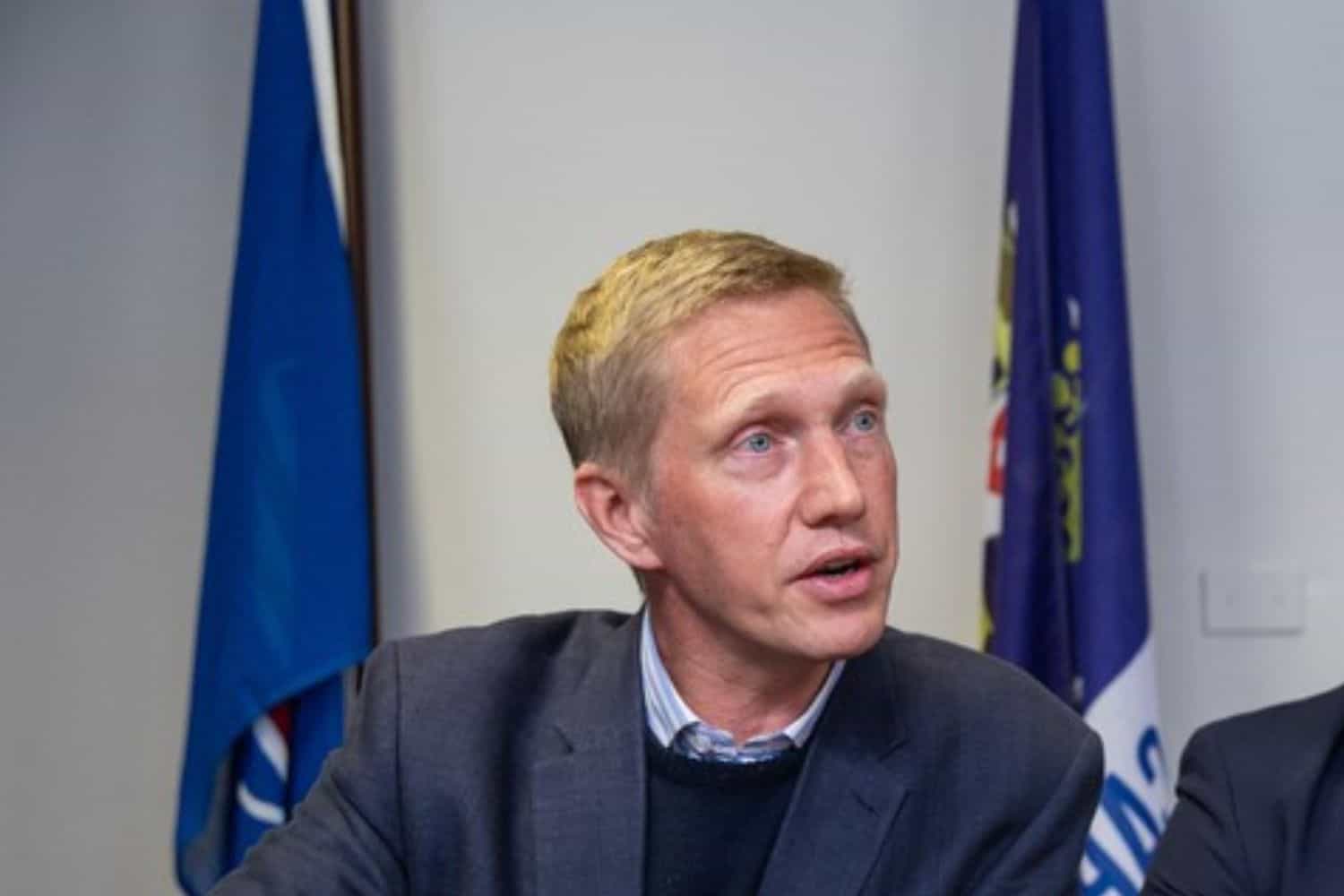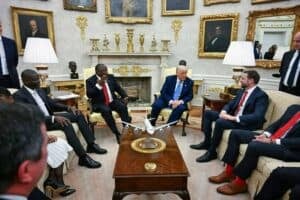Saying someone's name is too difficult to pronounce is really just shorthand for 'I couldn't be bothered to try', writes Hagen Engler.

“Uthin’ mhlekaz’?” I asked the gardener as he summoned me outside. It turned out he wanted me to move the laundry dryer so that he could water the lawn in anticipation of summer.
“Shap, bhuthi,” I concluded as I returned to my laptop indoors, flushed with the success of yet another outing for my handful of Xhosa words.
It’s a limited vocabulary, straddling that difficult line between “shame he’s trying” and “is he making fun of us?” but it’s good to give the old vocab a run, and sometimes there’s a tiny kernel of new knowledge to add to the glacial pace of one’s language practice.
I sat back down at my desk, observing the sprinkler, as it showered my barely salvageable lawn with mild nutrients, and I contemplated the relationship between white people and African languages.
I was led to this by a news story about JP Smith, a Cape Town councillor who, addressing an event, proclaimed himself unable to pronounce the Xhosa name of one of his colleagues.
ALSO READ: JP Smith matter should be used to highlight lack of sensitivity, says analyst
Like every single white person in South Africa who read that story, I was smugly confident that I would be able to pronounce the heck out of that name, the appellation of radio presenter Abongile Nzelenzele, who was the event MC.
Then I mused somewhat on my own dubious history with the isiXhosa language. While I can handle some basic interactions ngesiXhosa, I do tend to stay within my safety zone.
This is what I believe informed Mr Smith’s refusal to even attempt the name of Mr Nzelenzele. Staying in the safety zone. Not wanting to embarrass yourself. White pride.
White pride is a bedfellow of the oblivious racism and entitlement of which most of us are guilty, and it is one of the most difficult to unlearn.
Learning someone else’s language makes you a child again. You try the words, and they just will not form in your mouth. They come out wrong, and it’s embarrassing. Humiliating even. For a group of people accustomed to privilege and social dominance, to humble yourself in front of a mother-tongue speaker – or a group of them – is mortifying.
We are not used to making fools of ourselves in front of black people. And that is exactly what is required to learn an African language. Or even to try to pronounce someone’s name correctly, if you’re not used to that.
Democratic government notwithstanding, long-promised economic freedom aside, throughout South Africa’s transition, one thing that has been protected has been the precious dignity of our country’s white people.
We may have lost political power, and a small fraction of our economic might. We may have compromised infinitesimally on our standards of living, but we have certainly not been embarrassed.
We remain firmly, proud and entitled, at the top of Mzansi’s demographic totem pole. English, the language of our colonial forebears, remains the language of government, business and most of entertainment.
We have compromised a little of our social dominance in the name of democracy, but we remain dominant. In work situations, communication is in English, largely because us whites are utterly unable to function in any other language.
It’s almost like black people still have to compromise their own identity to accommodate our stubborn refusal to learn any isiXhosa, isiZulu or Setswana.
This has become so normalised that even the names of black people are deemed beyond even attempting for most white people.
“Too difficult.”
But too difficult is really shorthand for, “I could not be bothered to try.”
If we really cared, we would try. And I believe that is where the real pain lies in our refusal to pronounce black words and black names. We don’t care enough to try, and we refuse to embarrass ourselves even a little by doing so.
This may be what was on display at that Cape Town event attended by Mr Smith and MCed by Mr Nzelenzele. We can’t deny that every one of us has witnessed something very similar in our workplaces, our schools, on our sports fields.
This lingering primacy of English may be practical in some ways, but it is also a legacy of racist colonialism. If we really want to start to undo that horrific, shameful legacy, we as white people need to try harder to embrace the culture and identity of our black African compatriots.
We can start with trying to pronounce their names.






